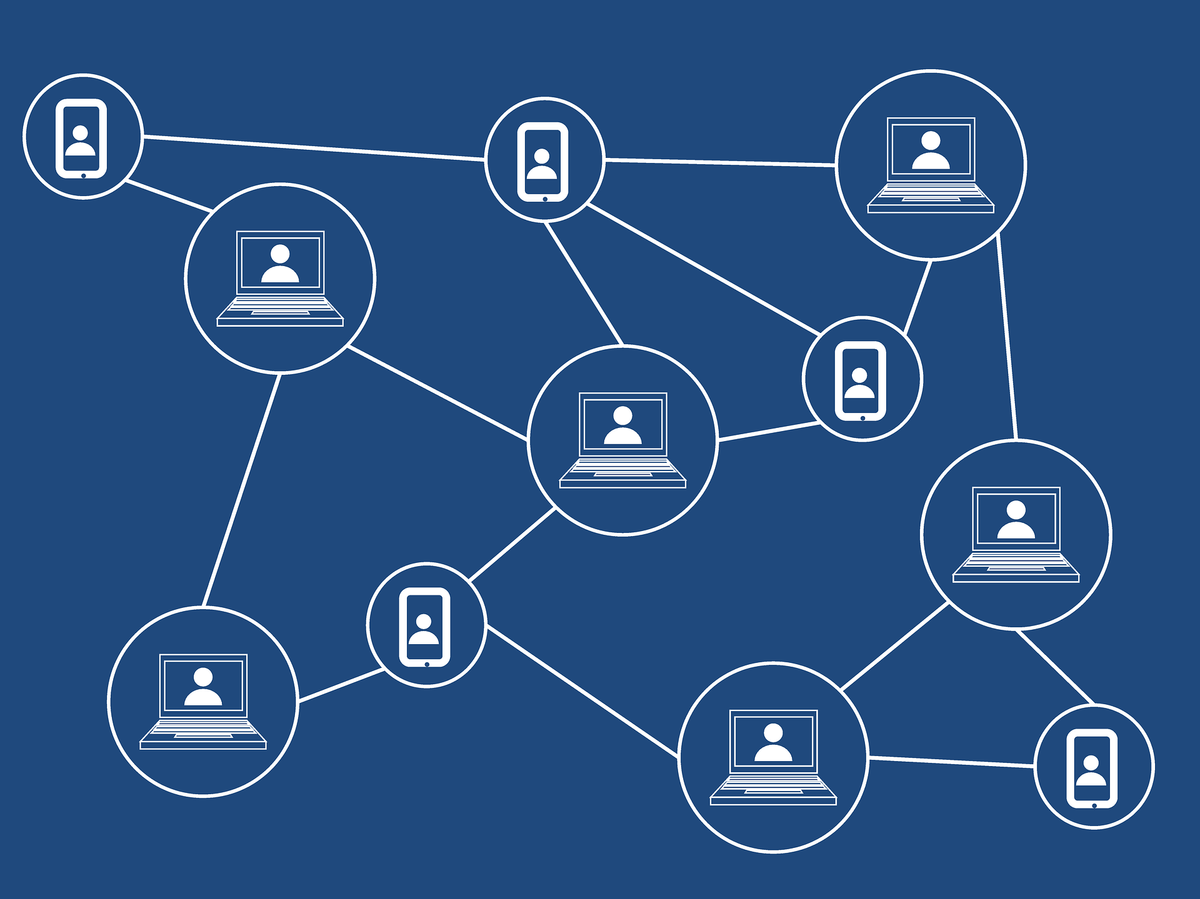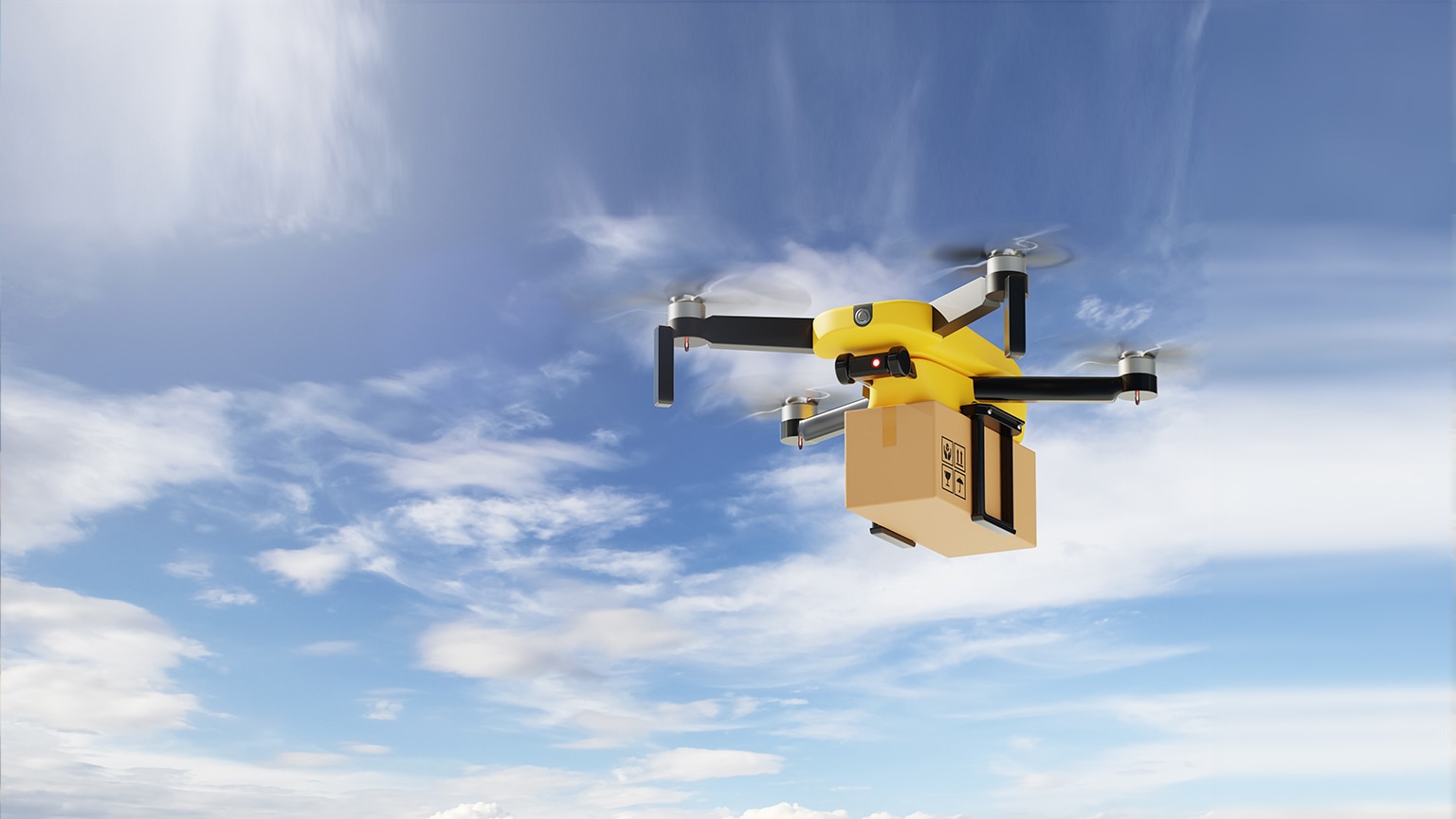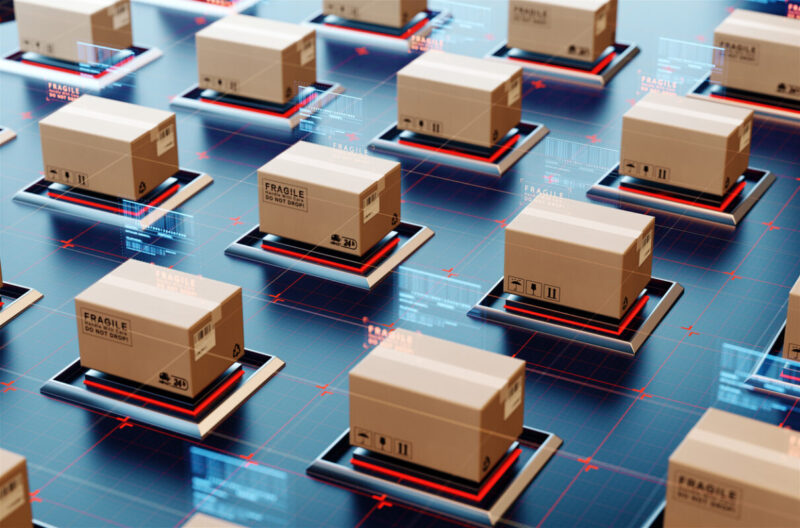In the fast-evolving landscape of global commerce, smart shipping is poised to revolutionize the way businesses operate by 2025. Imagine a world where real-time data analytics seamlessly integrates with logistics, where autonomous vessels navigate the oceans, and every shipment is tracked with pinpoint accuracy—from the moment it leaves the warehouse to its arrival at the customer’s doorstep.
This isn’t just a futuristic dream; it’s rapidly becoming a reality. For businesses of all sizes, understanding the implications of this technological shift is crucial.
As shipping becomes more intelligent, efficient, and environmentally conscious, the stakes will rise. Companies that adapt quickly will not only survive but thrive, while those that lag behind may find themselves outpaced in an increasingly competitive marketplace.
In this article, we’ll explore the dynamics of smart shipping, the innovations driving this transformation, and what every business needs to know to stay ahead in this new era of logistics.
Internet of Things (IoT) in Shipping

The Internet of Things (IoT) is revolutionizing the shipping industry, introducing unprecedented levels of efficiency and connectivity that will redefine maritime operations by 2025. Imagine a network where every container, vessel, and port is interlinked, sharing real-time data to optimize routes, monitor cargo conditions, and reduce delays.
With sensors embedded in equipment and smart logistics platforms at play, shipping companies can now track shipments with pinpoint accuracy, anticipating issues before they escalate. This interconnected ecosystem does not just streamline processes; it enhances decision-making, fosters transparency, and reduces operational costs.
As businesses embrace this technological shift, the potential for innovation and growth is vast, promising an era of smarter, more responsive shipping practices that can adapt to the dynamic demands of a global marketplace.
Blockchain for Enhanced Transparency

Blockchain is revolutionizing supply chain management by providing unparalleled transparency, a critical factor in smart shipping practices. Imagine a world where every shipment is tracked in real time, every transaction secured through decentralized ledgers that are immutable and easily accessible.
This technology eliminates the fog of uncertainty that often clouds shipping processes. Stakeholders—from suppliers to customers—can verify the authenticity and condition of goods at any moment, fostering trust and accountability.
As businesses adopt blockchain, not only do they enhance their operational efficiency, but they also create a transparent ecosystem where compliance and ethical standards can be reliably monitored. With this shift, the future of logistics is not just about faster deliveries but also about cultivating a culture of transparency that empowers every player in the supply chain.
Drones and Autonomous Vehicles

Drones and autonomous vehicles are poised to revolutionize the shipping landscape by 2025, blending cutting-edge technology with unparalleled efficiency. Imagine fleets of drones soaring above major cities, poised to deliver packages right to your doorstep, bypassing traffic congestion and cutting down delivery times to mere minutes.
Meanwhile, ground-based autonomous vehicles, equipped with advanced navigation systems and AI-driven analytics, will streamline logistics operations by autonomously transporting goods over vast distances, optimizing routes in real-time. As these innovations proliferate, businesses will find themselves facing both incredible opportunities and potential challenges—navigating new regulatory frameworks, addressing safety concerns, and rethinking their supply chains to incorporate these automated solutions.
In this rapidly evolving landscape, companies willing to adapt will not only enhance their operational capabilities but will also redefine customer experiences, fostering a future where smart shipping becomes the norm rather than the exception.
Conclusion
In conclusion, the evolution of smart shipping is set to revolutionize the logistics landscape by 2025, offering businesses unparalleled efficiencies and insights that were once unimaginable. As organizations begin to embrace cutting-edge technologies, such as artificial intelligence, Internet of Things (IoT), and advanced analytics, they will be better positioned to optimize their supply chains, reduce costs, and enhance customer satisfaction.
The integration of shipping tracking APIs will play a pivotal role in this transformation, enabling real-time visibility and accountability throughout the shipping process. For businesses aiming to remain competitive, understanding and adapting to these technological advancements will be essential in navigating the future of shipping and logistics.
Embracing smart shipping is not just an opportunity—its a necessity for sustainable growth and success in an increasingly digital world.


